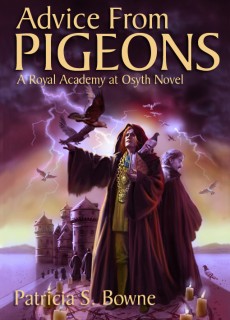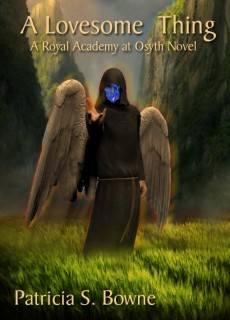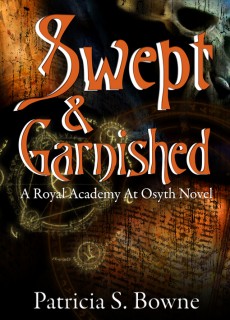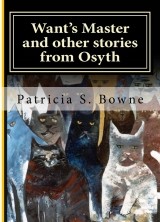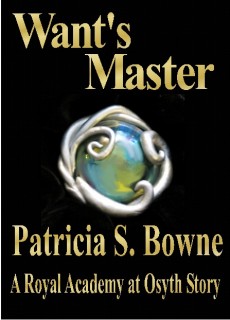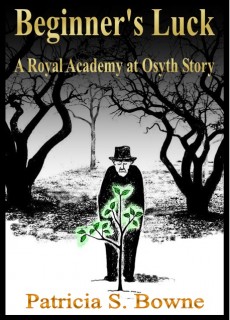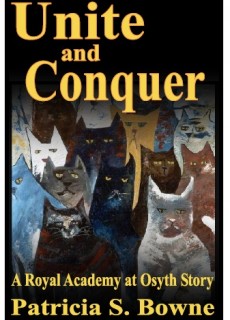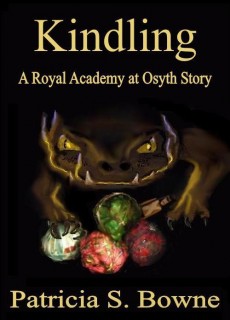Abigail Nussbaum’s most recent review over at Strange Horizons asks an interesting question — why use fantasy to tell a story? It’s a question I’ve been asking about several of the novels I’ve read lately.
Fairies have been enjoying a renaissance in my reading, if not in the genre as a whole. I’ve read three novels in the last six months in which main characters turned out to be fairies living in this world, and in all three cases I was left asking ‘Why?’
Not that they were poorly written. In fact, two out of the three were very well written indeed — until the fantasy appeared. I read the first two-thirds of each novel with growing appreciation. How real the settings were, how realistic and in-depth the characters! How well the authors drew me into experiences I am usually hard to draw into! How varied were the characters with whom I found myself sympathizing! ‘This is really fine stuff,’ I said to myself — and then the fantasy hit, like a mound of mint frosting plopped onto a filet mignon. One minute well-realized characters were exploring their inner lives, and the next they were battling dragons as they ran across a rainbow, their tragically killed loved ones were coming back to life, they were flying up into thunderstorms. Why? For the love of God, WHY?
I wasn’t the only reader who didn’t like this combination of meat and icing. Goodreads critics gave one of the novels quite a trouncing. But what they objected to was not the icing but the meat. ‘We had to plow through all that characterization and story and mundane drama and soap opera, before we got to any of the good stuff!’ was the general plaint.
It’s funny, I can remember making the exact same kinds of complaints when I was young. That was back when I believed that drama was just invented by writers, and that real people never did such senseless things as adultery or stalking. I had a pretty impoverished view of humanity in my youth, and if I was going to read about unbelievable people doing improbable things I wanted talking dragons, at least. Then I got bigger and went out in the real world, where I met people who actually engaged in the kind of stuff I had thought Shakespeare made up in his fevered imagination. Nowadays, the mystery of why people do the real things they do intrigues me far more than how they’ll overcome that three-headed dog at the gates of hell.
As I looked back on the experience of reading these unsatisfying novels, I realized that nowadays a fantasy novel needs to un-suspend my disbelief. I can enjoy something that’s fantasy all the way through, that lets me know that and prepares me to pick meaning out of a rather impressionistic portrayal of human beings and their problems. But to start with tight, bright realism and then switch into the comparatively fuzzy world of fantasy is not, in my opinion, a good strategy. If the issues your story deals with are non-fantasy issues, why bring the fantasy in at all?

